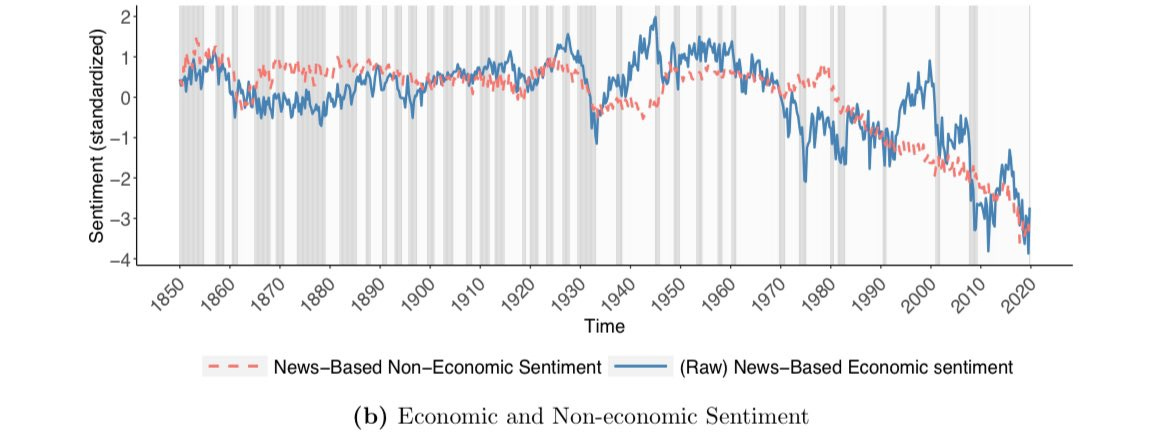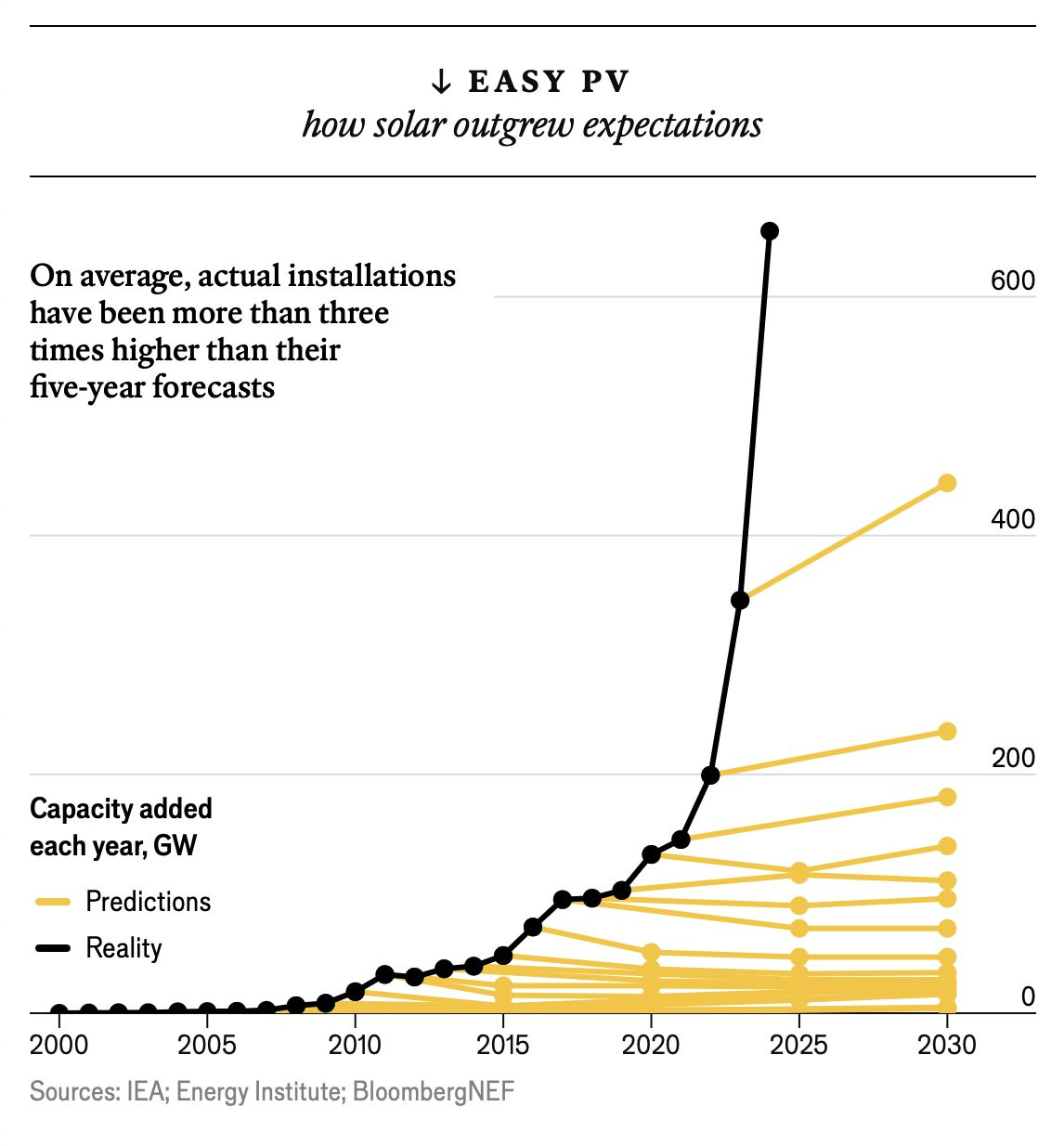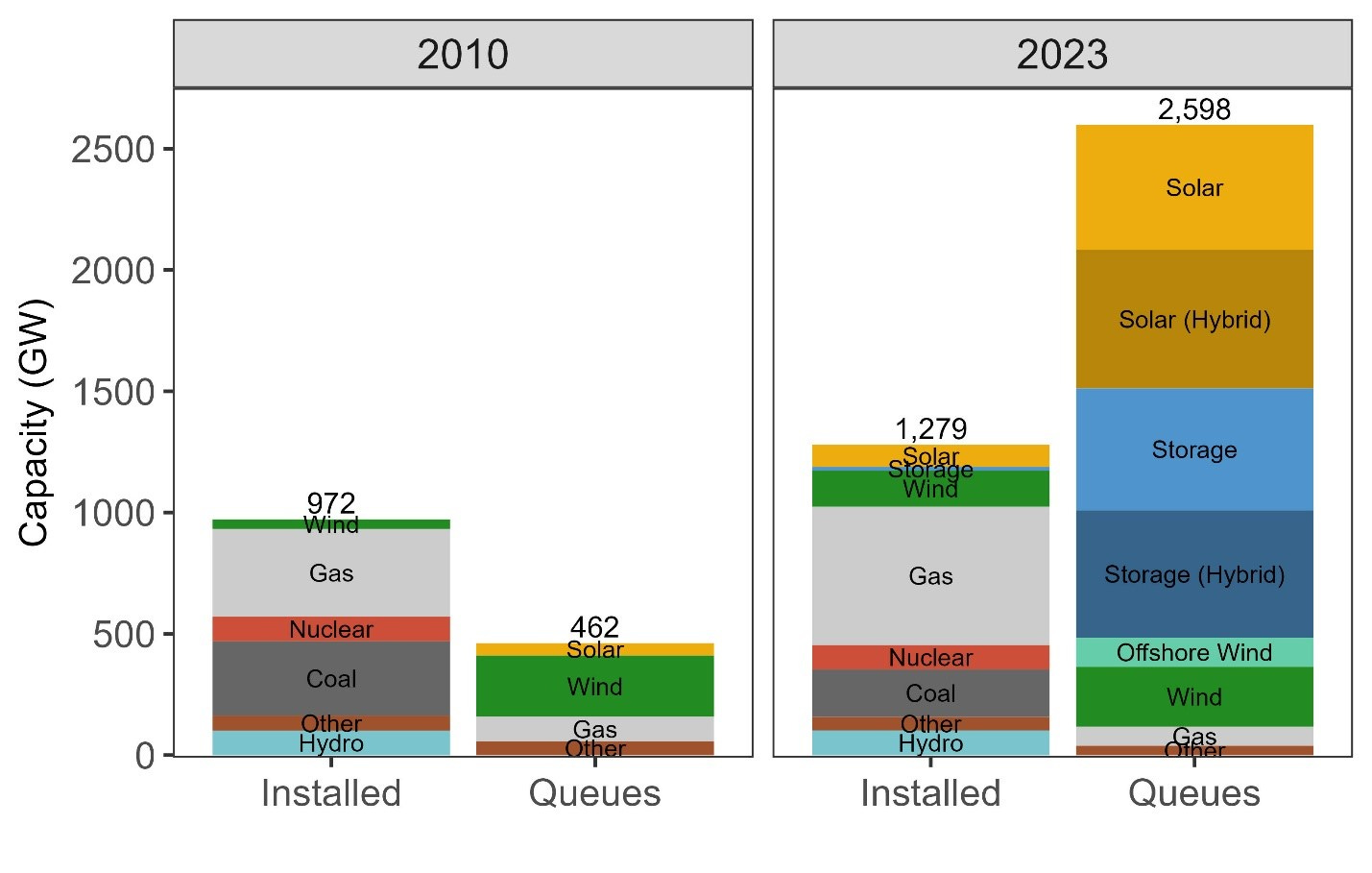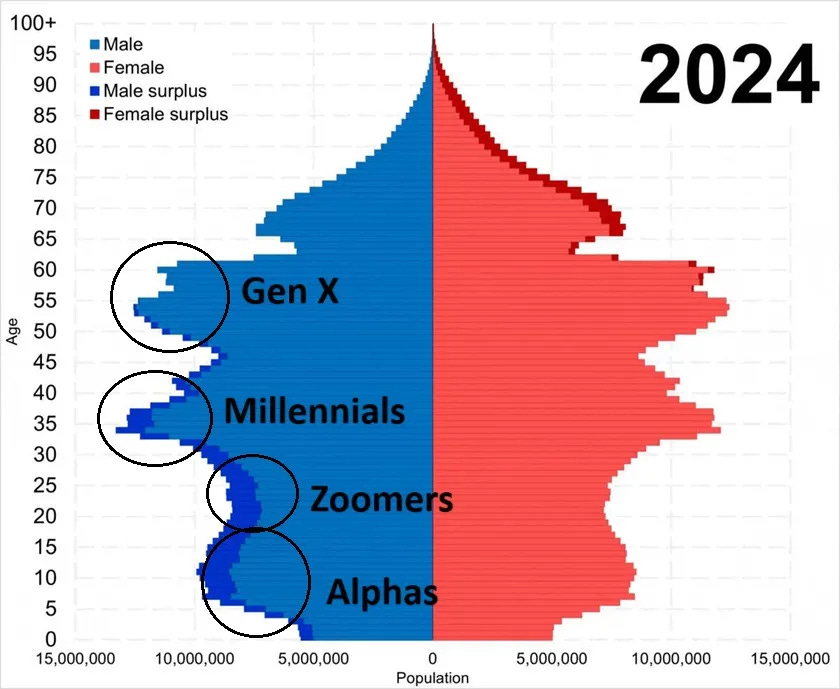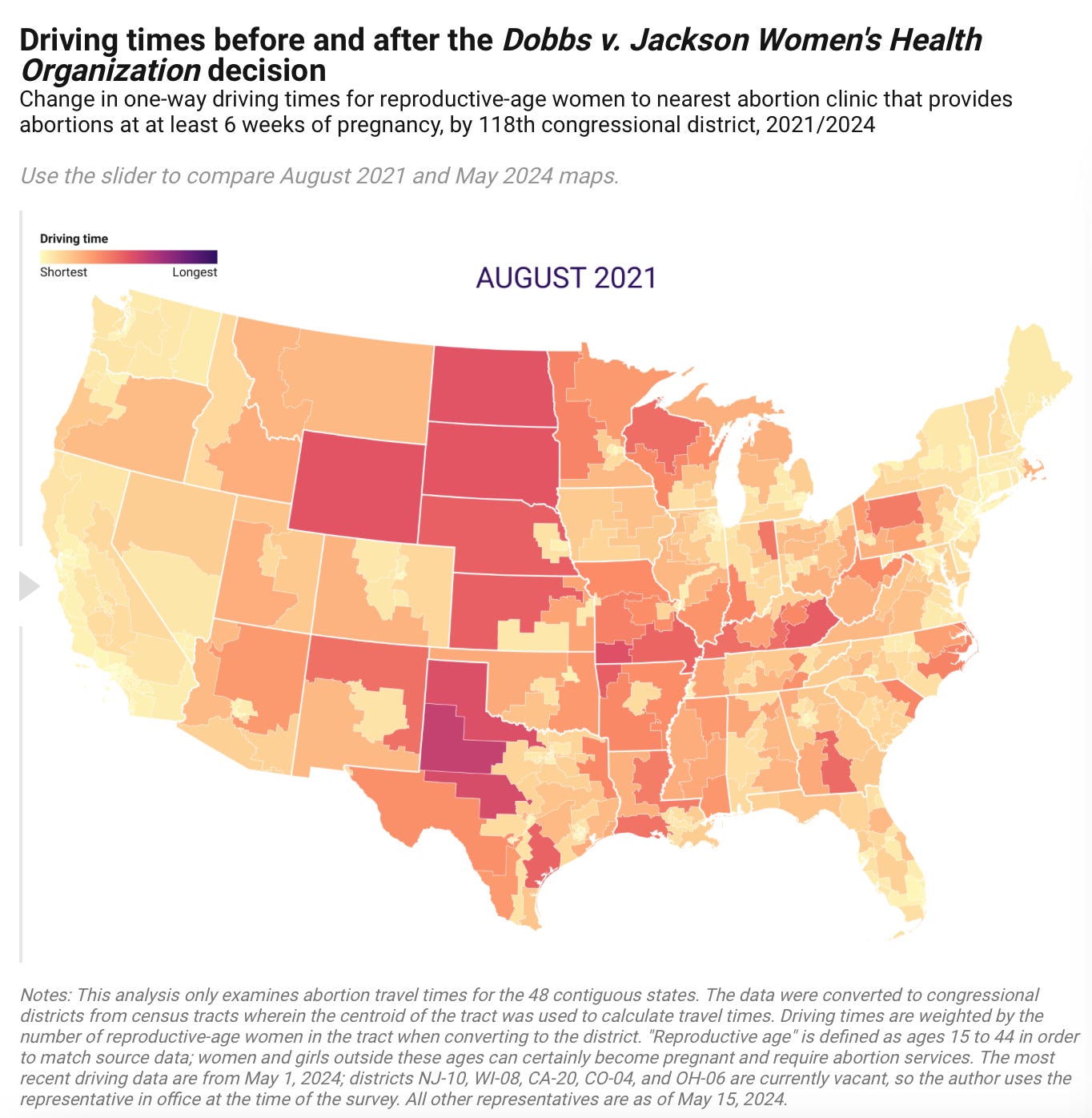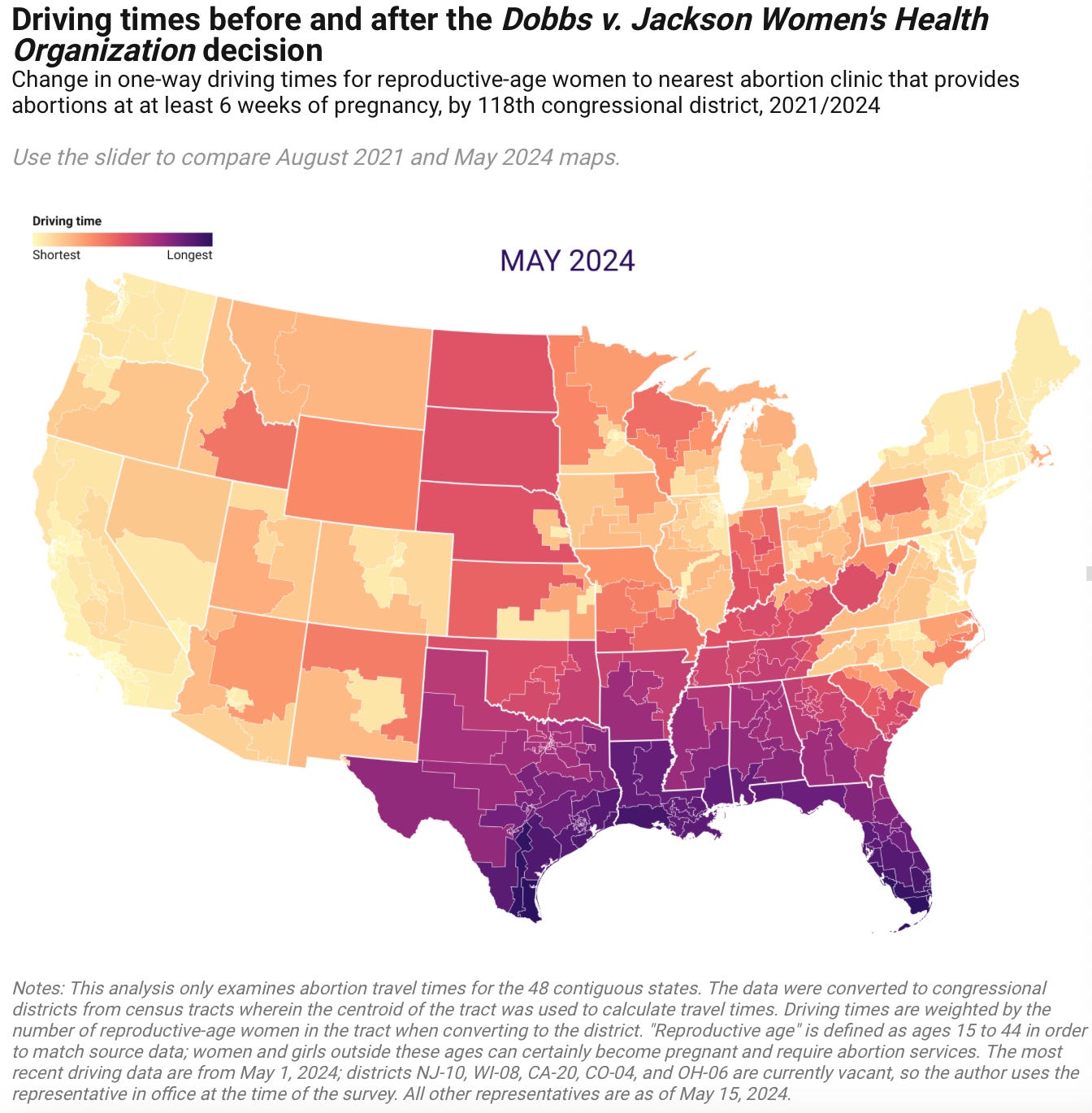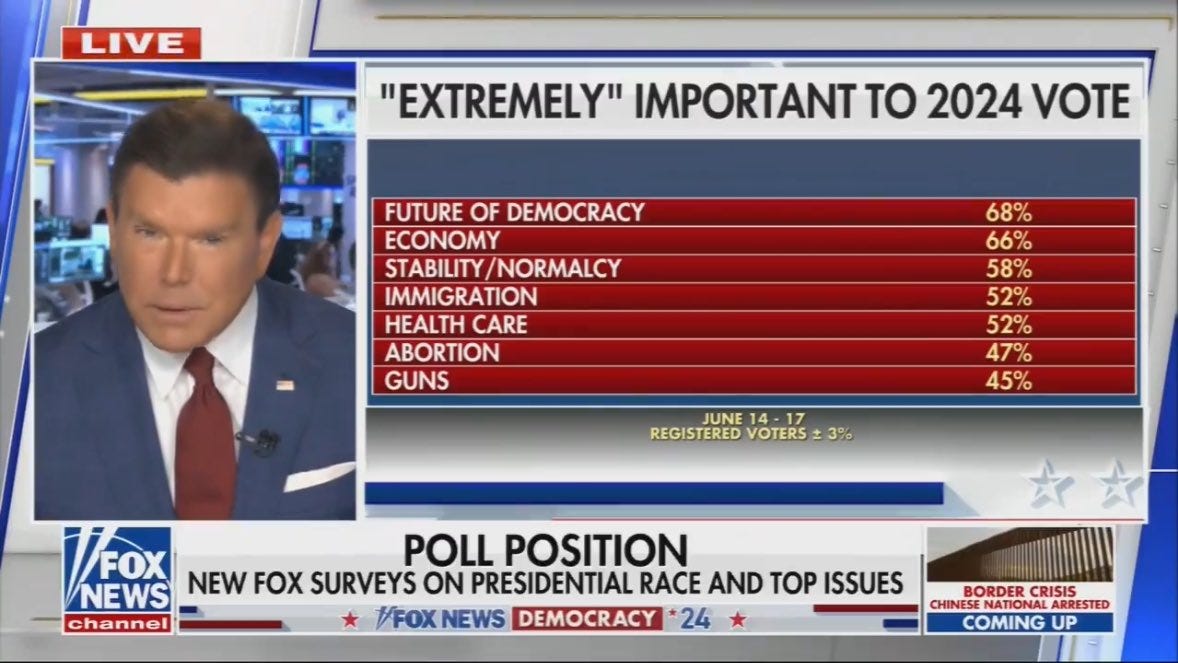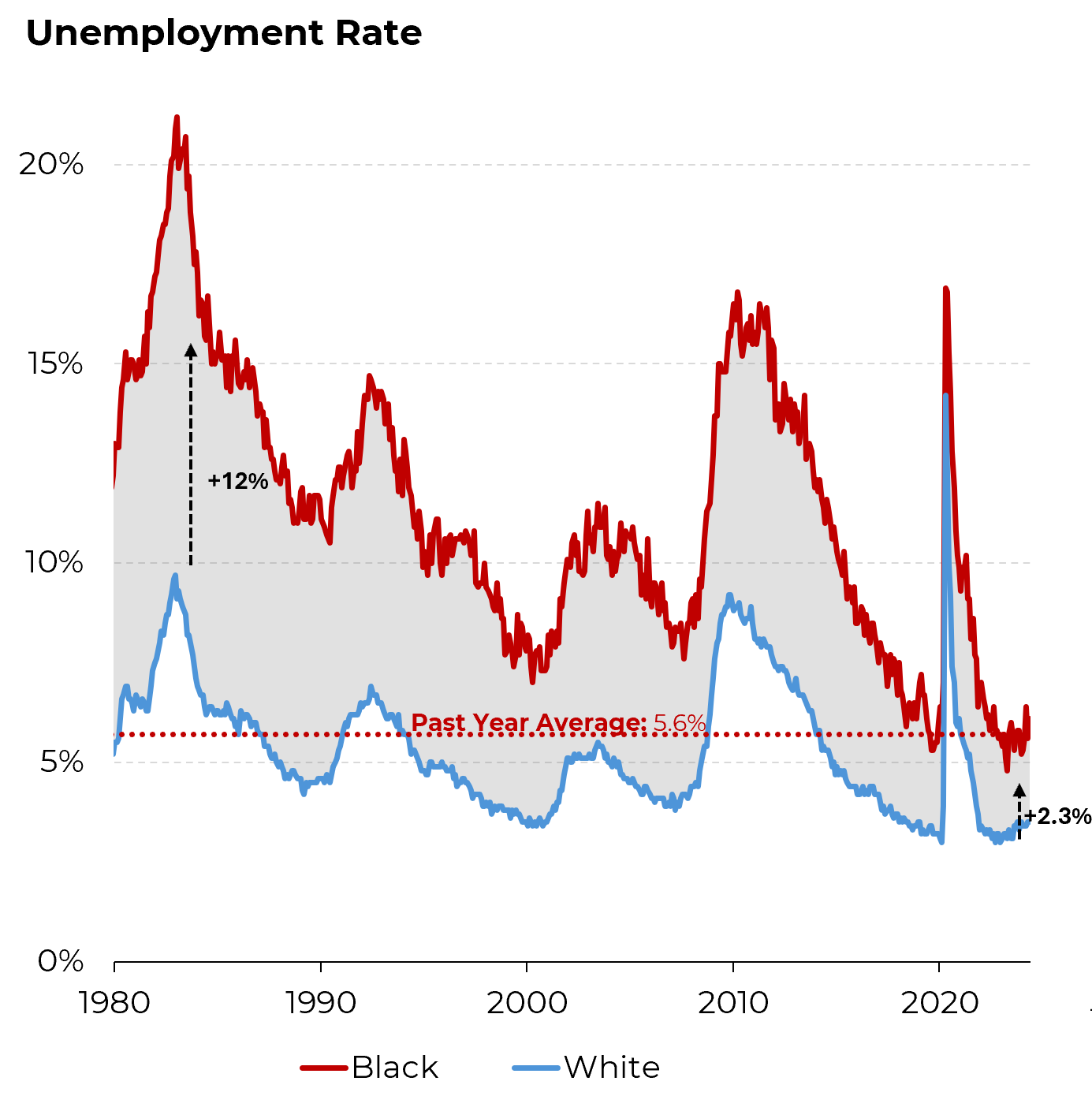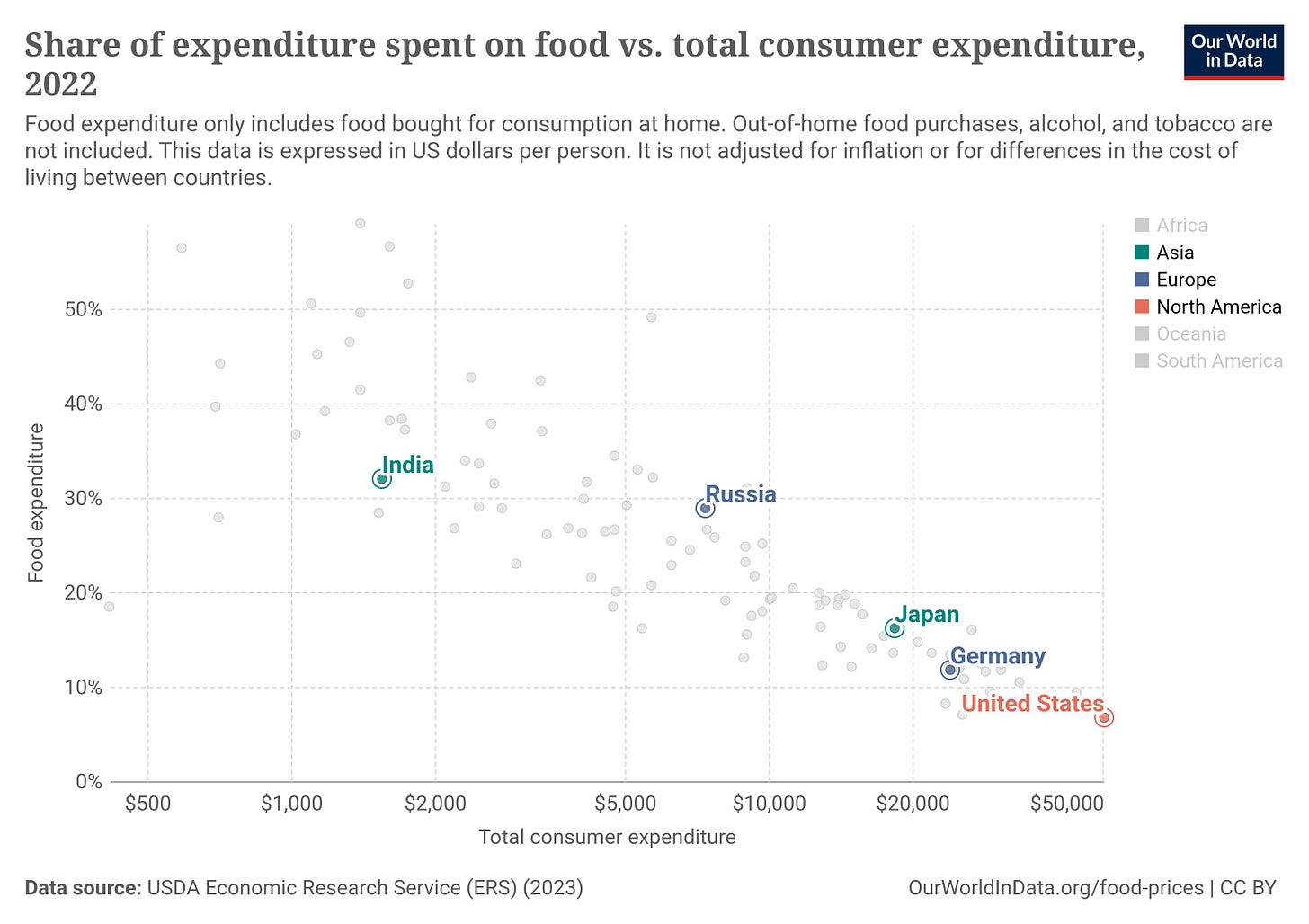Trumpdate (6.21.24)
EXECUTIVE SUMMARY
NEWS NEWS
Judicial Recusal: Judge Aileen Cannon refused to step aside from Trump’s classified documents case despite senior judges’ suggestions.
Trump Immunity: No SCOTUS decision on Trump’s criminal immunity.
Chevron Doctrine: SCOTUS may eliminate the Chevron Doctrine, impacting federal agencies’ authority to interpret ambiguous laws.
Arms to Ukraine: South Korea considers supplying arms to Ukraine after Russia and North Korea sign a strategic pact.
NOT NEWS NEWS
Teen Anxiety: Social media-induced anxiety rising more in English-speaking countries.
Solar Growth: Solar energy continues to outgrow expectations.
China Demographics: China’s demographics are not as problematic as previously believed, with a stable working-age population expected till the 2nd half of the century.
Abortion Access: Visualization shows increased driving times for women seeking nearest abortion clinics post-2024.
Top Voting Issues: Fox Poll shows “Future of Democracy” tops the list of issues for 2024 voters.
Racial Equality Progress: Black-white unemployment gap reduced from 12 percentage points in 1983 to 2.6 percentage points today.
Grocery Spending: Americans spend the lowest percentage of their income on groceries worldwide, at 6.7%.
1.) NYT: Aileen Cannon in Trump Documents Case Rejected Suggestions to Step Aside
Shortly after Judge Aileen Cannon was assigned Trump's classified documents case in June 2023, two senior judges, including the Chief Judge in the district, urged her to recuse shortly after she drew the case in 2023, but she refused. Critics say her handling has been slow and biased, benefiting Trump's delay tactics.
2.) NO Trump criminal immunity decision yesterday from SCOTUS.
[TS] This is not a difficult case. The president doesn’t have total immunity, full stop.
3.) Chevron doctrine could be thrown out by SCOTUS
[CONTEXT] What is the Chevron doctrine?
The Chevron Doctrine, stemming from the 1984 Supreme Court case Chevron U.S.A., Inc. v. Natural Resources Defense Council, Inc., mandates that courts defer to federal agencies’ interpretations of ambiguous laws they administer.
What does that mean?
The Chevron Doctrine established a two-step process for courts to follow when reviewing an agency’s interpretation of a statute:
1. Step One: Clear Intent of Congress
Question: Is the intent of Congress clear in the statute?
Action: If the law is clear and unambiguous, then both the court and the agency must follow the clear intent of Congress.
2. Step Two: Agency’s Reasonable Interpretation
Question: If the statute is ambiguous or silent on the issue, is the agency’s interpretation reasonable?
Action: If the law is ambiguous, the court must defer to the agency’s interpretation as long as it is reasonable and not arbitrary or capricious.
What are the implications?
• Regulatory Authority: Federal agencies, such as the EPA, FDA, and IRS, often interpret and enforce laws passed by Congress. When these laws are not clear, agencies can decide how to apply them, and courts usually support these interpretations if they are reasonable.
• Impact on Daily Life: This affects many aspects of life, including environmental regulations, healthcare, finance, and more. For example, how clean air standards are set, how drugs are approved, or how taxes are implemented can depend on agency interpretations.
• Checks and Balances: While agencies are given leeway to interpret laws, this also places a check on judicial power, ensuring that courts do not overstep and make policy decisions better suited for specialized agencies.
EXAMPLE:
[TS] Imagine a law that mandates clean air but doesn’t specify how clean. The EPA might decide that “clean” means limiting certain pollutants to specific levels. If challenged, a court will first see if Congress clearly defined “clean.” If not, the court will check if the EPA’s interpretation is reasonable. If it is, the court will defer to the EPA.
[TS] Needless to say, overturning this will have huge implications. This has been a longtime goal for R’s on the court. This knee-caps experts and science in federal agencies so the courts instead can make rules based on their own rules (think Alito basing rules on “godliness.”)
If you’re looking to read more, the Atlantic ran a good article in Jan about it from Nicholas Bagley: ‘The Plan to Incapacitate the Federal Government.’
4.) AP: South Korea will consider supplying arms to Ukraine after Russia and North Korea sign strategic pact
[TS] So Putin has caused Finland to join NATO, Sweden to join NATO, and is now causing South Korea to side forcefully with Ukraine. Strategic genius indeed.
QUICK BITES
Bloomberg: India Set to See Biggest Jump in Coal-Fired Power In a Decade
India will add more new coal power capacity than it has in almost a decade this year, as the country rushes to deploy generation to cope with surging electricity demand.
Yahoo: Hialeah, FL councilwoman Angelica Pacheco charged with multimillion-dollar healthcare fraud at rehab clinic
Hialeah Councilwoman Angelica Pacheco surrendered to the FBI after being indicted for healthcare fraud, accused of billing insurers $19.1M for false services at her addiction treatment center. She’s also charged with defrauding the government with false business loan applications during the pandemic. Previously charged with assault in 2004 and child abuse in 2011, she faces potential removal from office. Her husband, who registered the implicated business, has not been charged.
[TS] Sounds fairly similar to FL’s Sen. Rick Scott’s (R) Medicare/Medicaid fraud. For those unaware:
Columbia/HCA Fraud Case: Columbia/HCA was found to have defrauded federal health programs. The company eventually paid $1.7 billion in fines, penalties, and damages, which was the largest healthcare fraud settlement in U.S. history at that time.
Rick Scott’s Role: Scott was the CEO of Columbia/HCA during the period when the fraud took place. However, he claimed that he was unaware of the illegal activities. Under his leadership, the company aggressively expanded, which critics argue contributed to the culture of fraud.
Resignation: Amid the investigation in 1997, Scott resigned from his position as CEO. He received a substantial severance package and left the company.
Legal Consequences: Despite the company’s massive fines, Scott was not personally charged with any crimes. The legal proceedings primarily targeted the corporation and some lower-level executives rather than Scott himself.
Appeals court DENIES Steve Bannon’s bid to delay his order to report to prison July 1st.
5.) Social Media induced anxiety happening at higher rates in English speaking countries
Atlantic: America’s Top Export May Be Anxiety
Teen mental health seems to be declining more—and declining more clearly—in English speaking counties. The evidence is really striking. And very strange.
World Happiness Survey: English speaking nations saw the biggest decline in youth happiness
Teen suicides: rising in the US and UK, falling in continental Europe
In Canada: teen happiness falling less in Francophone households
From an analysis of 170 years of American news coverage. We really are living in an era of negativity-poisoned discourse that is (*empirically*) historically unique.
[TS] If you’re wanting more: NYU’s Prof. Jonathan Haidt gives some additional detail.
6.) Solar energy continues to outgrow expectations.
7.) China’s demographics are not as big of a problem as previously believed.
Great breakdown from Noah Smith:
China’s current young working generation — the Zoomers — are a small generation. But the generation younger than that — the Alphas, currently aged 5 to 15 — are a bigger generation than the Zoomers.
...
as the Alphas reach working age over the next decade, they will stabilize China’s demographics. China’s working-age population is actually projected to increase over the next few years, before beginning a slow decline... Only by mid-century will China’s ratio deteriorate to the level of Japan’s in 2020.
...
the narrative that demographics will tip the balance of economic and geopolitical power away from China in the next few decades seems overblown. In fact, the situation won't be a big problem until the second half of this century.
8.) [TS] Great visualization from American Progress showing one-way driving times for women seeking the nearest abortion clinic.
BEFORE (AUG ’21)
AFTER (MAY ’24)
[RELATED]
The National News: United Arab Emirates to permit abortions in rape and incest cases in landmark legal reform. [TS] So the UAE may soon have more liberal abortion laws than:
Alabama: Near-total ban.
Arkansas: Near-total ban.
Kentucky: Near-total ban with exceptions to save the life of the pregnant person.
Louisiana: Near-total ban with exceptions for lethal fetal anomalies and to save the life of the pregnant person.
Missouri: Near-total ban with exceptions to save the life of the pregnant person.
Oklahoma: Near-total ban.
South Dakota: Near-total ban with exceptions to save the life of the pregnant person.
Tennessee: Near-total ban.
Texas: Near-total ban.
West Virginia: Near-total ban.
9.) Fox Poll shows top issues for 2024 vote - “Future of Democracy” tops list
10.) In 1983, Black Americans were unemployed at a rate 12 percentage points higher than whites. Today, that gap is just 2.6 percentage points.
[TS] It is important to stop and recognize the gains we’ve made in racial equality. I think this is a general problem with progressives. If you were only hearing from those circles you would think we haven’t made progress — or that things are actually worse. Speaking of…



